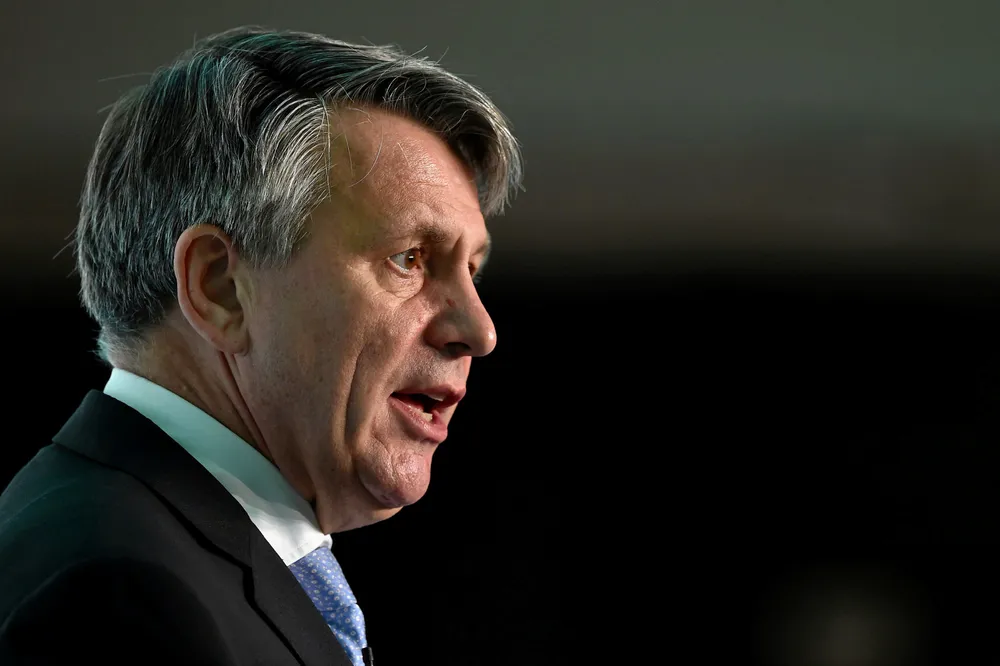Shell boss admits Dutch emissions ruling was a ‘body blow but promises action in 2022
Shell chief executive Ben van Beurden talks about 2021 and how the company must speed up its transformation

Shell chief executive Ben van Beurden talks about 2021 and how the company must speed up its transformation
